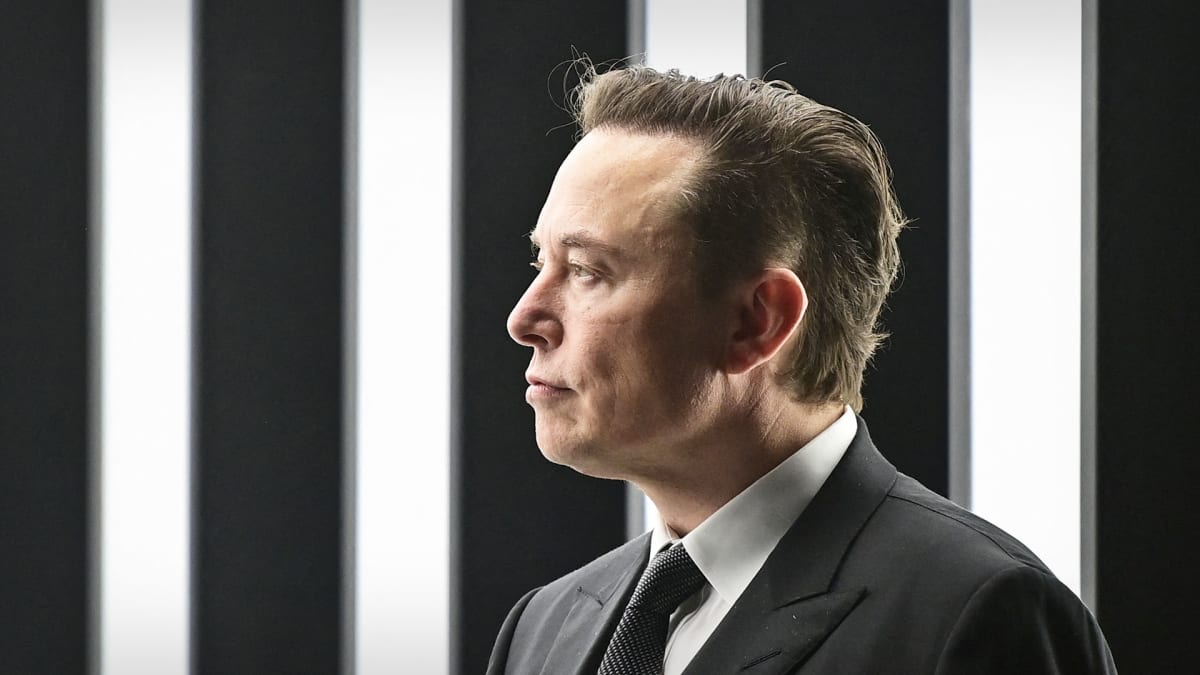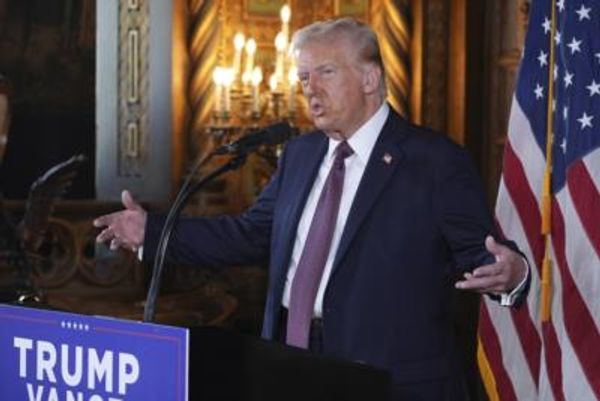
Elon Musk is unpredictable.
The whimsical and serial entrepreneur is never where you expect him to be.
He is a staunch environmentalist. Last month, he unveiled a $10 trillion plan to tackle the energy emergency that continues to divide fossil fuel proponents and environmental activists, who believe that saving the planet begins with eliminating polluting energy.
He announced back then Tesla's Master Plan 3, which he presented as a path to reaching a fully sustainable global energy economy through end-use electrification and sustainable electricity generation and storage.
"This paper finds a sustainable energy economy is technically feasible and requires less investment and less material extraction than continuing today’s unsustainable energy economy," the billionaire argued. "While many prior studies have come to a similar conclusion, this study seeks to push the thinking forward related to material intensity, manufacturing capacity, and manufacturing investment required for a transition across all energy sectors worldwide."
Musk Criticizes Germany
But at the same time, the techno king, as he is known at Tesla (TSLA), encourages European countries like Germany not to close their last nuclear power plants, an energy source hated by European environmentalists.
Germany put an end to 10 years of procrastination on Apr. 15, by disconnecting the nuclear power plants of Isar 2, Neckarwestheim and Emsland from the country's electricity grid. The decision marked the end of an era, as these were the country’s remaining nuclear power plants in service. Musk criticized the decision. For him, exiting the nuclear energy field is a monumental mistake, especially for a country that does not have energy independence.
"The timing of this couldn’t be worse," Musk, whose Tesla company has a factory near Berlin, blasted out in a tweet on Apr. 15.
"Germany should not only not shut down the nuclear power plants, it should reopen the ones that shut down," he told Mathias Döpfner, CEO of Axel Springer, in an interview last year. "It's crazy to shut down nuclear power plants. Please do not shut down nuclear power plants, and please reopen the ones that have been shut."
He called Germany's decision "total madness," because "this is a national security risk."
Musk has once again shown this iconoclastic side by rebelling against the diktat of environmental activists, who believe that global warming is an emergency that must be resolved immediately.
The tech mogul believes that this is not the case. For him, it's an overkill. He sees the issue of global warming more as a problem to be solved in the long term. In doing so, he seems to believe that the climate change observed in several regions of the world has become an easy justification for decreeing global warming as the problem of our time.
'Global Warming Risk Is Overblown'
"Global warming risk is overblown in the short term, but significant in the long term," the billionaire said on May 4.
His comment comes at a year after unprecedented heat waves affected the northern hemisphere and after the adoption of the most ambitious bill to fight climate change in the US.
The Inflation Reduction Act (IRA) passed by the US last year should slash America’s planet-heating emissions by about 40% by the end of the decade, compared to the 2005 levels. This cut would bring the US within striking distance of the goal set by democratic President Joe Biden to cut emissions in half by 2030. Scientists see this level as a must-reach target by the world, if catastrophic global warming, triggering escalating heatwaves, droughts and floods, is to be avoided.
The bill aims to cut U.S. emissions between 31% and 44% below 2005 levels by 2030, according to Rhodium Group, a non-partisan research firm. Another analysis by Energy Innovation found a similar reduction, of between 37% and 41% this decade.
Climate advocates say that the time to act is now, because temperatures continue to rise at a rate that will most likely push past the 1.5°C warming threshold compared to pre-industrial levels, set by the Paris Agreement.
The current level of global warming is alarming, according to them, because, in order to succeed in limiting and stabilizing global warming below 2°C by 2100, it will be necessary to reduce CO2 emissions quickly and also greatly reduce emissions of other greenhouse gases.
This is a very tight window, they say, especially because the changes already observed will increase, in particular the extremes of temperature, the intensity of precipitation, the severity of droughts, the increase in frequency and intensity of climatic events that are now rare.
"We are dangerously close to breaching the 1.5-degree limit set in the Paris Agreement in 2015," billionaire and climate activist George Soros argued in February. "We are already at 1.2 degrees and if we maintain our current course, global warming will reach more than 2.5 degrees around 2070."







